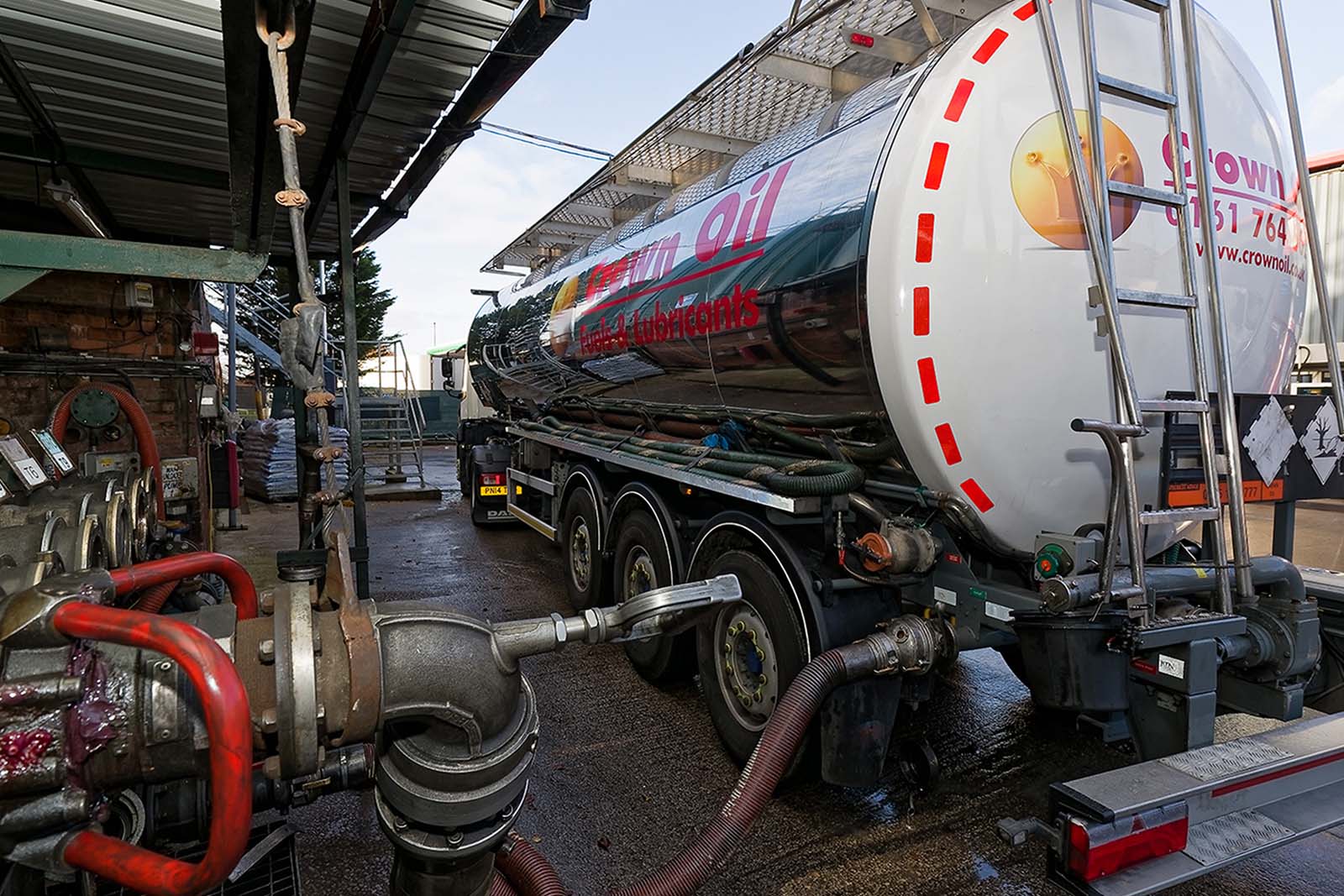If you rely solely on fuel to run your business, it’s evident how important it is to make yourself aware of the risks and types of fuel contamination.
Fuel contamination refers to bacterial microbes and water that find home in your fuel. When left untreated, they grow and eventually render your fuel resulting in it being unsuitable for use. Fuel isn’t cheap. So ensuring it’s kept in tiptop condition is of utmost importance, because once degraded, you’ll need to dig further in your pockets to try and rectify the situation.
What causes fuel contamination?
There are different types of fuel contamination. It can either be caused when something foreign enters the tank, such as water which then harbours microbial growth or as a result of the fuel itself degrading and producing sludge and harmful molecules.
Condensation, atmospheric absorption and a faulty tank are some of the main sources of contamination. It’s enhanced when you combine higher FAME content with lower sulphur content. What’s more, when water’s present, bugs grow at the interface between water and the fuel. This happens because water forms large puddles at the bottom of the tank and separates from the oil above.
The unfortunate fact is, no matter how well you store your fuel and what measures you take for prevention, it can still end up contaminated, especially if it’s been stored for a long period of time. This is why it’s so important to keep on top of monitoring your fuel.
What are fuel contamination symptoms?
- Blocked filter
- Worn injector
- Engine failure
- Water in the oil
- Corroded tank

I’ve got water in my fuel, what do I do?
Water is a key element that finds itself everywhere, but when it resides in fuel, it’s a problem. There are however, different levels that dictate how bad the problem actually is.
In the early stages, it presents itself as molecules in the air which can’t be seen with the naked eye. It’s when it reaches saturation point that it then becomes emulsified. The oil will have a slightly cloudy presence and you’ll be able to see water droplets appear.
It’s really important that you treat your fuel as soon as you notice any cloudiness, because if it’s not spotted early on, puddles of water will begin to develop at the bottom of the tank. Bacteria grow much faster when it reaches free-flowing form, which then results in bugs forming.
Bugs appear at a similar rate to water contamination and are identified by a layer of sludge that forms underneath the water puddles. Sludge can form quickly and block filters, so if you suspect bugs in your fuel tank it’s imperative that you contact a specialist who will be able to determine the severity of the problem.
How bad is contaminated diesel?
Negligible – a small number of microbes are present. You’re lucky, because this level doesn’t present any problems or require treatment. Be sure to keep an eye on your fuel daily to ensure it doesn’t get worse.
Moderate – a number of microbes are found that have damaged your fuel. The filters will need changing, but a simple biocide treatment should suffice.
Heavy – a large number of microbes have been found which will have likely caused visible signs of corrosion on the inside of the tank once the fuel’s been lifted. A full tank inspection and manual tank clean will be needed and possibly fuel uplift. If the fuel’s not salvageable then it will need to be replaced with fresh.
My fuel tank has started to erode…
This is a key symptom of fuel contamination and is a large indicator that the contamination has reached optimum level. Erosion happens because the bugs have started to eat away at the tank.
Tank erosion also increases the risk of an oil spillage which will require an environmental clean-up, that can cost you lots of money. Make sure your tank is kept in good condition and structurally sound at all times to avoid an environmental disaster.
If you don’t regularly check your tank and see the telltale signs, then the only way you’ll identify fuel contamination is when you start to experience engine or equipment problems. And it might be too late… Tell-tale signs are a reduction in acceleration and RPM, involuntary or volatile changes in speed, and sputtering.
Fuel contamination testing
The significance of frequent fuel testing and analysis really cannot be ignored. It ensures that any diesel fuel contamination is found early enough to treat and at a much smaller cost compared to buying a replacement batch of fuel. Damage to tanks and equipment through fuel stability issues is not one you want to be adding to an already long list of costly clean-up jobs!
If you suspect contamination, we have a number of different environmental services available to try and rectify your fuel. We offer free invaluable technical support through our two onsite leading chemists.
Call us today on 0330 123 3399 for more information and to speak to one of our friendly team.


